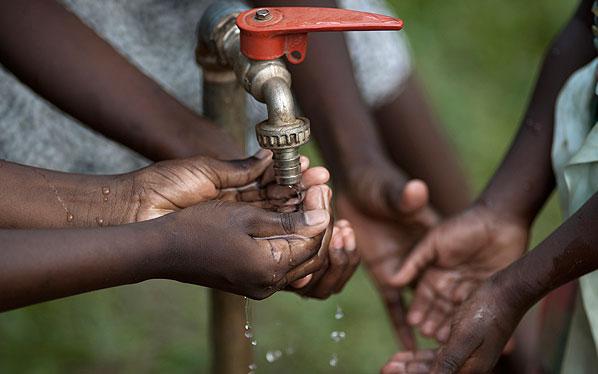South Africa’s Gauteng is beefing up its water crisis management after Efforts to force and encourage residents to reduce water consumption in Gauteng seem to be failing.
Consequently, the province has said it was stepping up its capacity in terms of water crisis management and closing working with local municipalities to make the availability of water at established crisis points is guaranteed.
The provincial Department of Cooperative Governance and Traditional Affairs has announced that it will be seeking to establish a joint operations centre for the provinces and would wided the scope of technical committees established in August to cut on pressure on dams.
Also read:South Africa inks major water agreement with Italy
“Now that not much progress has been made in reducing consumption, we will bring more expertise in terms of water experts and disaster management to establish a more comprehensive team,” departmental spokesman Mogomotsi Mogodiri said on Wednesday, 2 November.
Since the Water and Sanitation gazetted Department a 15% decrease in water consumption, a provincial task team has been meeting to monitor the restrictions and dam levels.
The Vaal River system’s water levels stood at 27.5% as of Tuesday and were expected to continue to drop at 0.8% per week. Ideally, the ministry wants to keep levels above 25% until the end of the year.
Also read:South Africa’s North West province Imposes water restrictions
A drop below 25% would prompt additional restrictions and supply disruptions. It is understood disruptions were unlikely to necessitate large-scale water tanker deliveries.
A weekend heat wave left some areas of Johannesburg without water as pressure was put on reservoirs. But Johannesburg Water on Wednesday described the supply as stable.
Spokeswoman Tidimalo Chuene said the shortages at reservoirs were due to demand outstripping supply. “The only way we can deal with it is by people reducing consumption.”
Johannesburg Water reported that for the last week of October, the city saved 7% out of the 15% water reduction target.
